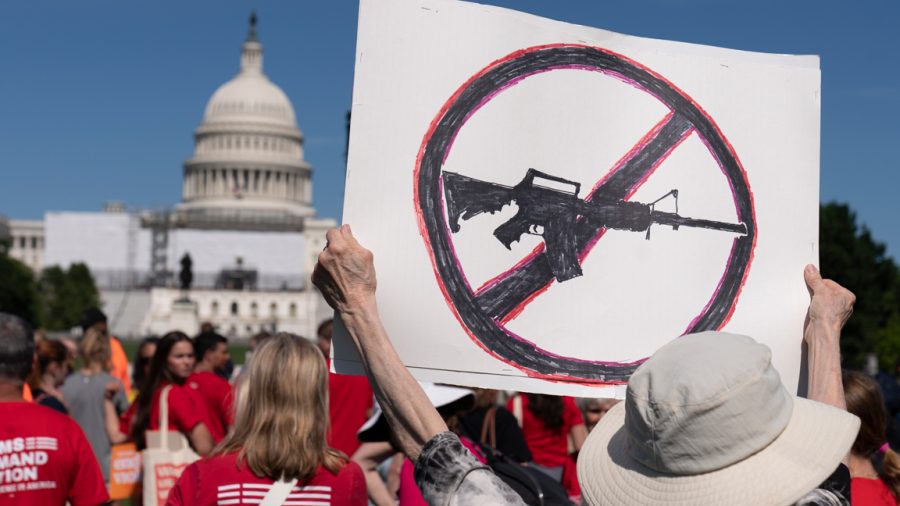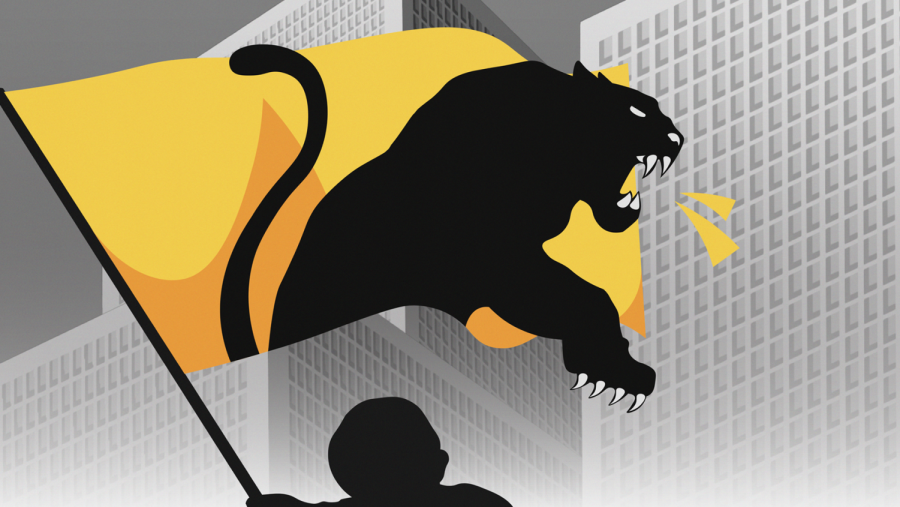 A November ballot measure that would suspend California’s landmark global-warming law could also end up rolling back some of the state’s other sweeping environmental standards _ including rules that require utilities to generate a third of their electricity from renewable sources and programs requiring oil refineries to make cleaner-burning fuels.
A November ballot measure that would suspend California’s landmark global-warming law could also end up rolling back some of the state’s other sweeping environmental standards _ including rules that require utilities to generate a third of their electricity from renewable sources and programs requiring oil refineries to make cleaner-burning fuels.
How broadly courts might interpret Proposition 23 is setting off alarm bells among Silicon Valley executives and environmental groups.
“If we don’t go forward with 33 percent renewable standard for California’s energy supply, we undercut all those companies and entrepreneurs creating jobs in solar, wind, biofuels and other renewable forms of energy,” said Carl Guardino, CEO of the Silicon Valley Leadership Group, a San Jose organization that represents more than 200 companies and which opposes Proposition 23.
“We’re saying let’s take a U-turn to yesterday and be totally dependent on fossil fuels, rather than California leading the way to a renewable economy,” Guardino said.
Last month, the non-partisan state Legislative Analyst’s Office issued an analysis of Proposition 23 in which it said that the 33 percent renewable electricity standard and the state’s “low carbon fuel” regulations would be suspended if the measure passes. The Yes on 23 campaign says it agrees with that interpretation.
But environmental groups say considerably more could be suspended _ 60 state regulations, including rules to reduce smog from ships, certain chemicals in air conditioners and even a 2002 state law that requires auto makers to reduce greenhouse gas emissions 30 percent on new cars by 2016.
“Every measure to reduce greenhouse gases in California is at risk,” said attorney Tom Adams, chairman of the California League of Conservation Voters. “All the regulations California has adopted for a clean energy future could be invalidated.”
Supporters of Proposition 23, which so far has been largely funded by oil companies Tesoro and Valero, acknowledge the measure would suspend several state regulations. Most notably is the proposed “cap and trade” plan by the California Air Resources Board, which requires oil refineries, cement kilns, power plants and other large sources of greenhouse gases to limit their emissions of carbon dioxide and other gases that the majority of the world’s climate scientists say are warming the planet.
But the measure’s supporters disagree with environmentalists on its breadth.
“Is Prop. 23 going to result in all these horrible things the other side is saying? The answer is no,” said Anita Mangels, a spokeswoman for the Yes on 23 campaign.
The two main rules that would be suspended, Mangels agreed, are Gov. Arnold Schwarzenegger’s 2009 executive order requiring Pacific Gas & Electric and other utilities to produce 33 percent of their electricity from renewable sources by 2020, and the state’s “low carbon fuels standard,” an executive order Schwarzenegger signed in 2007 requiring oil companies to reduce the carbon content of their fuel 10 percent by 2020.
“Solar is one of the most heavily subsidized renewables at many levels,” she added. “It is going to go on with or without Prop 23.”
How many of California’s environmental rules could be blocked by Proposition 23 depends on how broadly its ballot language is read.
Simply put, the measure would suspend AB 32, a law Schwarzenegger signed in 2006, that requires California to cut greenhouse gas emissions to 1990 levels by 2020, a reduction of about 15 percent from current amounts.
The law would be suspended until unemployment falls below 5.5 percent for a year. It is now 12.3 percent.
To comply with AB 32, the state Air Resources Board has drafted a document known as the “scoping plan.” It contains 69 measures _ some which are separate laws, some passed as administrative regulations, and some yet to be approved.
Billions of dollars could hinge on one part of Proposition 23. It says “no state agency shall propose, promulgate, or adopt any regulation implementing (AB 32) and any regulation adopted prior to the effective date of this measure shall be void and unenforceable until such time as suspension is lifted.”
Environmentalists say that means potentially any one of the more than 60 rules and laws that the air board is counting on to meet the global warming target could be tossed out.
One, for example, is a rule the air board passed in 2007 requiring large ships to shut down their engines and plug into the electric grid at port. The goal was to reduce diesel soot in towns such as Long Beach and Oakland where it has been linked to high asthma rates. But the rule also would reduce greenhouse gas emissions and is counted by the air board toward the plan implementing AB 32.
So would it be suspended?
Mangels said no, because it was written under authority of smog laws, not AB 32.
Last month, the Legislative Analyst’s Office weighed in. It said state regulations passed under the authority of AB 32 would be suspended, but separate laws would not. Rules that would be suspended include the 33 percent renewable electricity standard, but not a 20 percent renewable standard because it had been signed into law. Also not suspended would be the “Pavley Bill,” a 2002 law reducing greenhouse emissions from autos, the LAO said.
The LAO didn’t mention the ship rule or dozens of others in the AB 32 plan.
“We’re going to see a lot of litigation,” said attorney Alex Jackson, with the Natural Resources Defense Council. “It’s going to get very messy.”











